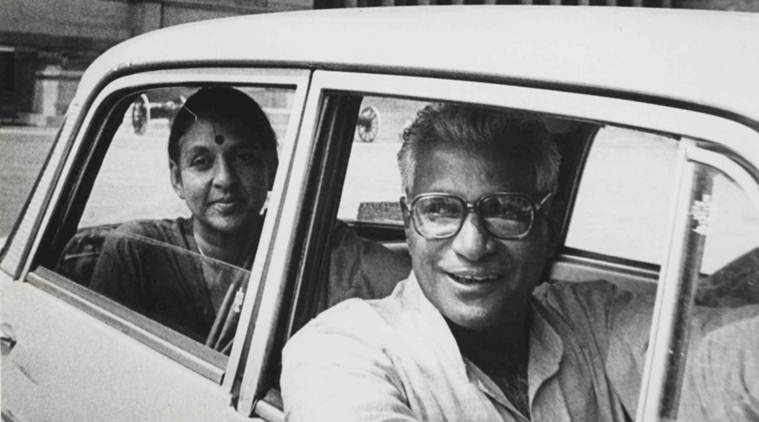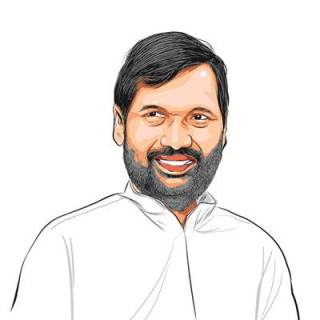George Fernandes was the symbol of resistance to the Emergency
He took on the might of Indira Gandhi during Emergency and galvanised an underground resistance movement against the tyranny. At the height of terrorism in Kashmir he would fearlessly approach terrorists on behalf of the government, without security escorts.

I first heard of George Fernandes, whom we fondly called George Saheb, in the 1960s when I was still a school student in Khagaria, which was the home of many socialist leaders. He had already earned a reputation of being a fiery socialist and trade union leader known for his silver-tongued oratorical skills and lucidity of thought and expression.
After my graduation in law from Patna University, my decision to join the Samyukta Socialist Party (SSP) was inspired by the personality and political philosophy of prominent leaders such as Ram Manohar Lohia, Madhu Limaye, Karpoori Thakur and George Saheb. I was deeply impressed by these leaders’ undiluted commitment to the weaker sections of society, reflected in the SSP slogan — “Sansopa ne bandhi ganth, pichhra paawe sau mein saath” — which basically meant that the weaker sections should get 60 per cent of the opportunities and jobs.
George Saheb was a socialist to the core, unflinching in his commitment to the working class and the marginalised. I remember that in my political struggle to provide homes for the homeless and the poor in 1960s, I gave a call for a “bhoomi mukti andolan” and “jail bharo aandolan”, and also led an agitation of local villagers and the poor to free a thousand acres of land in my assembly constituency from the illegal possession of the local zamindar, who was then the MP from Khagaria. There was a pitched battle between the armed henchmen of the zamindar and the poor villagers who were attacked with bows and arrows and guns. When George Fernandes heard about the incident, he visited Khagaria and announced at a press conference that the local MP would not be given a ticket in the next election. Soon thereafter, I was appointed joint secretary, Bihar, of the party by him.
Those who were fortunate to be associated with George Fernandes were willing to do anything for him. I remember an occasion in the 1970s when after a party meeting in Pune, some party workers and I reached Mumbai only to get caught in a chakka jam of the local taxi union. No taxi driver was willing to help us out until I informed one that we belonged to the same party as George Saheb. There was an immediate change in the taxi driver’s manner. He not only dropped us off at our destination but also refused to accept the fare.
George Fernandes was the symbol of the resistance to the Emergency. A man of indomitable courage, he took on the might of Indira Gandhi during the Emergency and galvanised an underground resistance movement against the tyranny. At the height of terrorism in Kashmir he would fearlessly approach terrorists and separatists on behalf of the government, without security escorts. Red tape was anathema to him. Unlike the usual politician, he shunned the trappings of office even as minister, and refused to have security personnel as part of his entourage. A man of the masses, anybody and everybody was free to meet him with their problems. He went to the extent of removing the gates of his ministerial bungalow to allow easy access. He was always contemptuous of humbug and self-importance. As a minister he would travel only by economy class and that too in the rearmost seat.
It is unfortunate that very little is said about his great abilities as a minister and administrator. As railway minister, he was largely instrumental in clearing the Konkan Railway Project, which is the pride of the Indian Railways. One cannot also forget his role as defence minister during the Kargil War.







































No hay comentarios:
Publicar un comentario